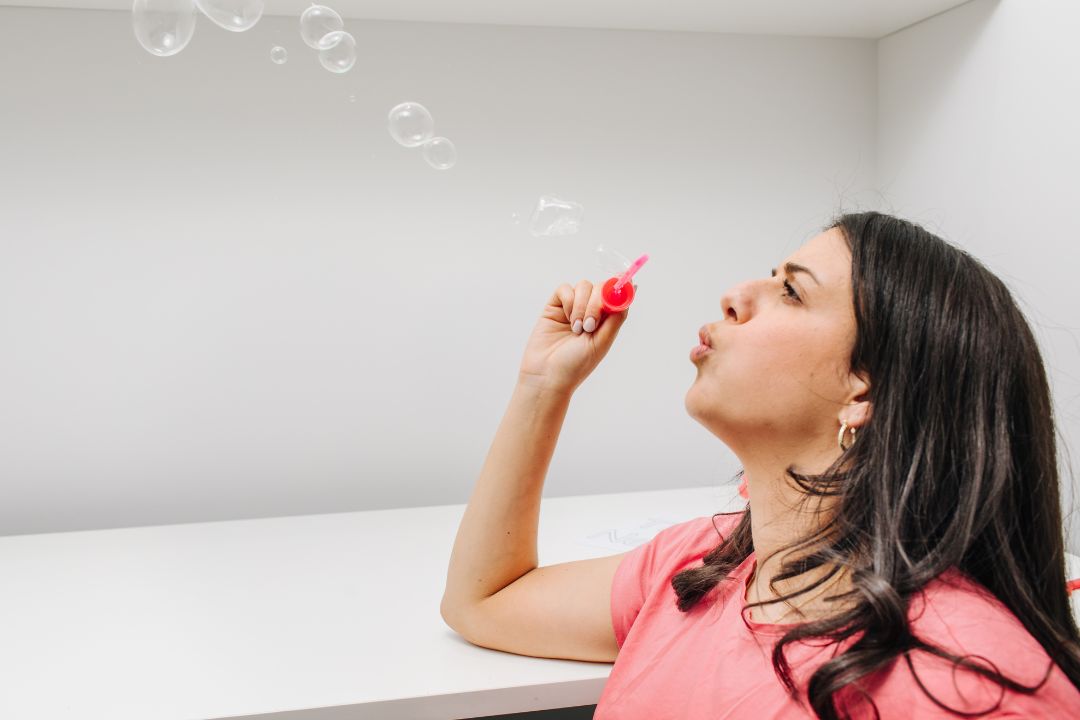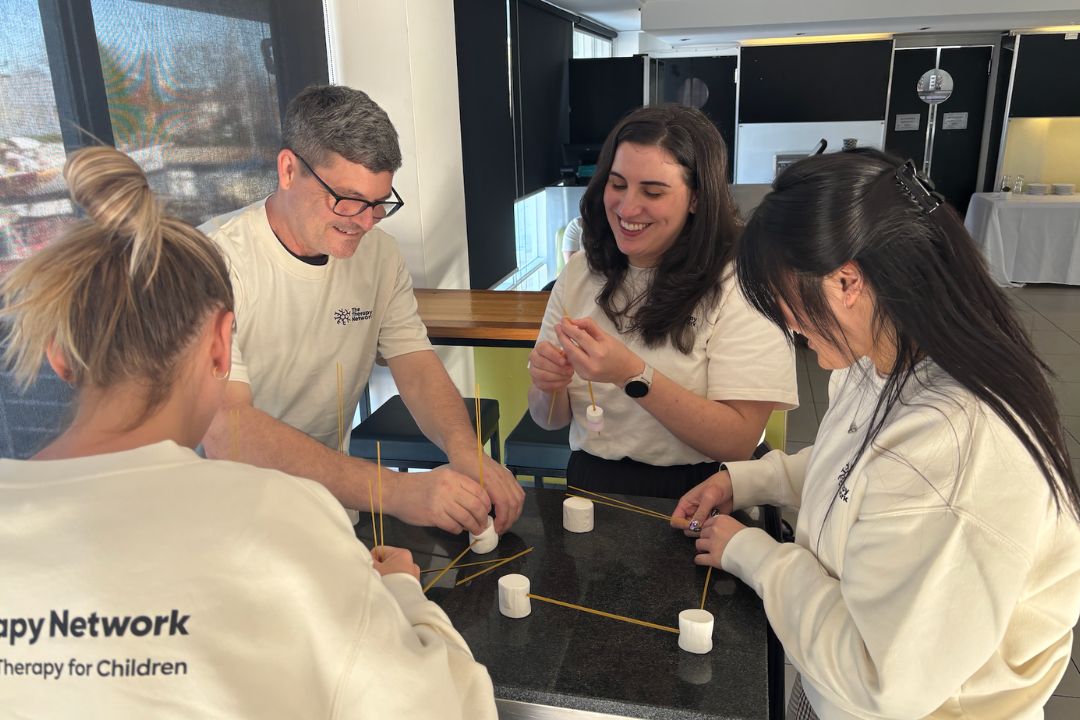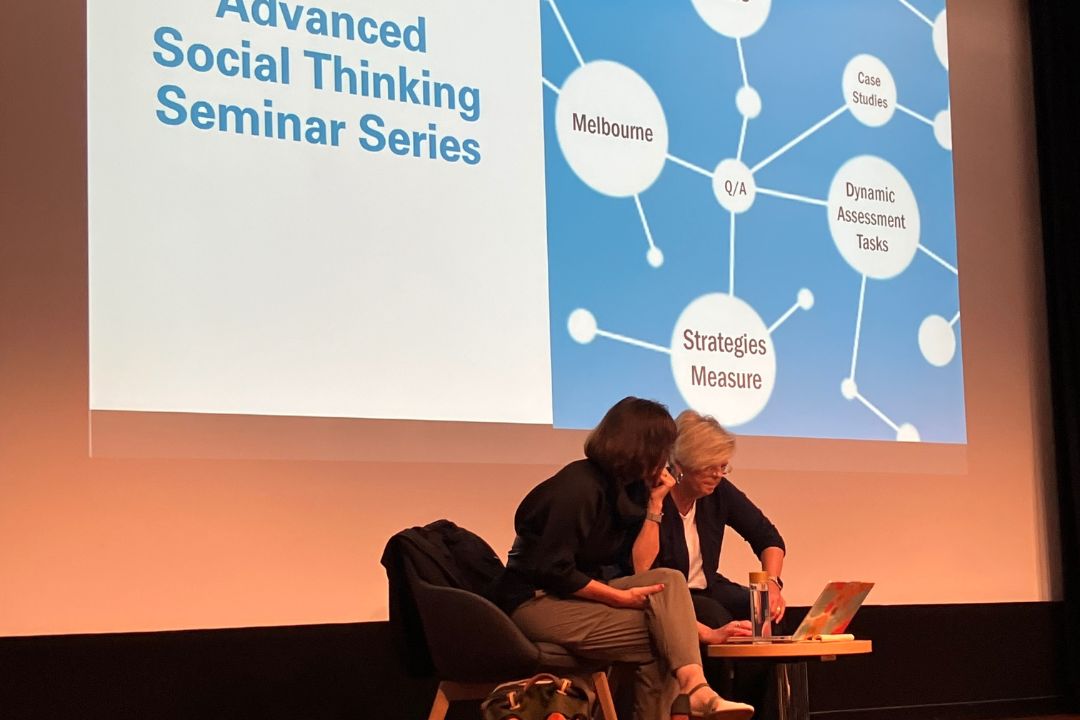
Blog
OT Insights
Hi there! We’re so glad you’ve found your way to The Therapy Network’s blog. This is your go-to space for honest, practical, and heart-led insights into the world of paediatric occupational therapy. Whether you’re navigating meltdowns, messy mealtimes, tricky handwriting, or anything in between – you’re not alone, and you’re in the right place.
At The Therapy Network, our paediatric OTs are here to share tips, ideas, and stories that support your child’s development in ways that are fun, achievable, and rooted in connection. Let’s explore how we can help little ones grow, play, and shine – one small step at a time.
The Therapy Network Has a Growing Reputation for Writing Exceptional FCAs – Here’s Why
The Therapy Network delivers Functional Capacity Assessments that go beyond ticking boxes—capturing the whole person, using robust tools, and providing clear, actionable recommendations. Every report is tailored, evidence-based, and written to support stronger NDIS outcomes and lasting impact.
“It’s Not Just Play: Why Leisure Matters in Occupational Therapy”
Have you ever frozen in a group activity when asked what you do for fun? As adults, we often forget how vital leisure is to our identity and wellbeing—and the same is true for children. In occupational therapy, it’s easy to focus on the skills kids need—self-care, communication, academics—but their wants matter too. Leisure activities, from Pokémon cards to baking to gaming, are powerful tools for building confidence, social skills, and emotional regulation. This blog explores how supporting a child’s interests is not “just play,” but a meaningful path to connection, growth, and thriving.
What’s All the Buzz About? Understanding Functional Capacity Assessments
Functional Capacity Assessments (FCAs) are essential tools in understanding an individual’s ability to participate in daily life activities and reach their goals—especially in disability and rehabilitation settings. This blog explores the importance of conducting FCAs to inform therapy planning, support NDIS funding applications, track progress over time, and ensure services are tailored to the person's real-world needs. By taking a holistic and strengths-based approach, FCAs help create a clear picture of current abilities, challenges, and the supports required—leading to better outcomes for clients and their support networks.
Building More Than Towers: The Importance of Team Building at The Therapy Network
At The Therapy Network, team building goes beyond fun—it’s an intentional strategy to strengthen trust, collaboration, and creativity. This year’s Teams Day featured the Marshmallow and Spaghetti Tower Challenge, a light-hearted yet insightful activity that highlighted different thinking styles, teamwork under pressure, and the value of learning through failure. These team-building experiences help deepen relationships, improve communication, and reinforce a shared vision—key ingredients for delivering high-quality therapy. By coming together in playful, purposeful ways, The Therapy Network ensures its team stays connected, resilient, and ready to support the community with care and confidence.
Supporting Social Success: Insights from the Advanced Social Thinking Seminar
The Therapy Network shares insights from the recent Advanced Social Thinking Seminar attended by team members Hannah, Edward, and Amanda. Led by Michelle Garcia Winner and Dr. Pamela Crooke, the seminar highlighted the vital link between social thinking and academic success. The blog explores how everyday school interactions rely on strong social skills and how evidence-based strategies can support children in developing these abilities. With renewed inspiration, the team is excited to embed these approaches into therapy sessions and continue partnering with families to nurture socially confident, well-rounded learners.
Playtime! It is an important part of Paediatric Occupational Therapy
In this engaging post, we explore why play is far more than fun — it's a vital part of how children learn, grow, and connect with the world. Highlighting the central role of play in physical, cognitive, social-emotional, and language development, we look at how OTs use play both as a therapeutic tool and as a meaningful goal. From building motor skills with blocks to fostering imagination through pretend play, we discuss how play-based therapy boosts engagement and outcomes. Play isn’t a break from learning — it is learning.






